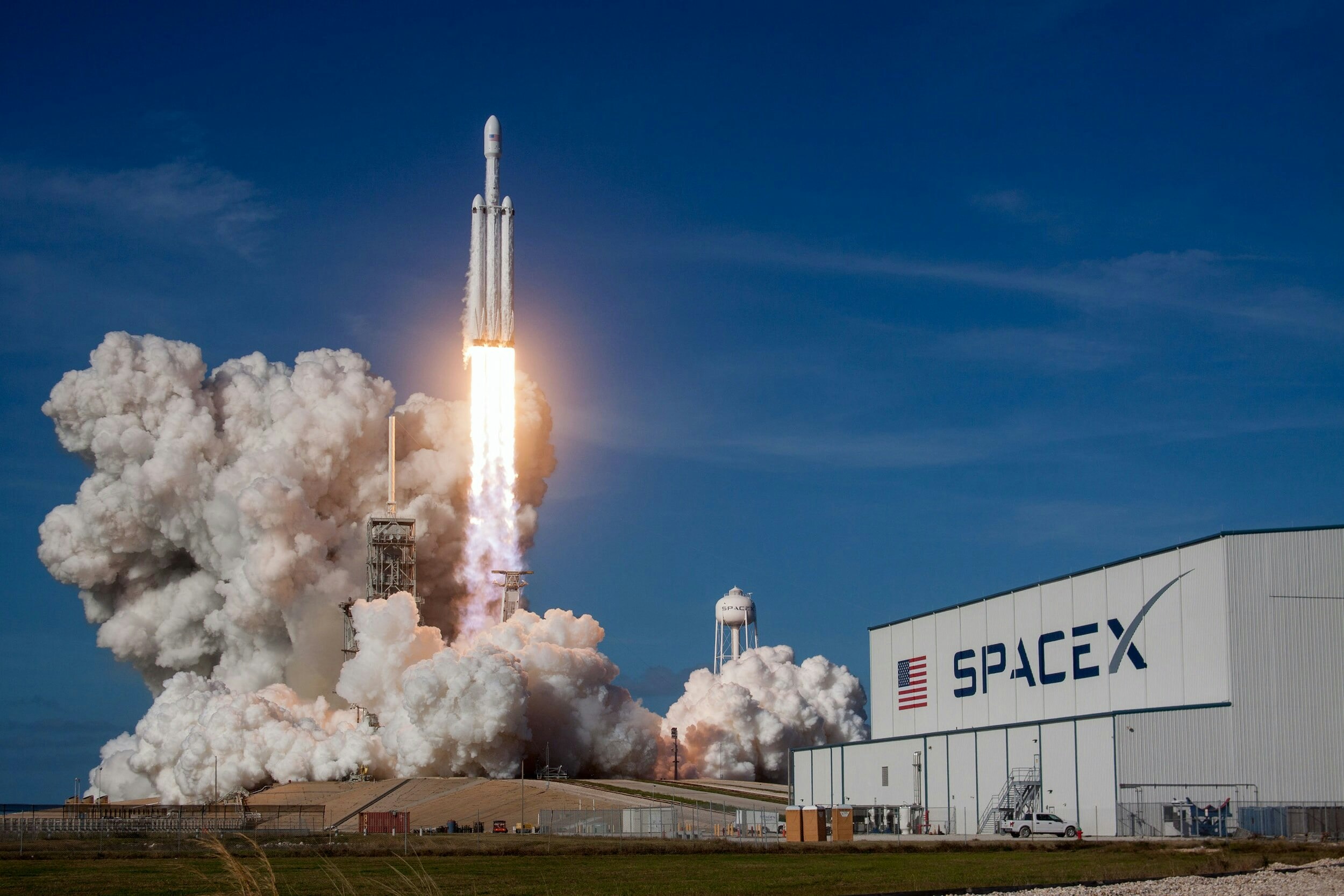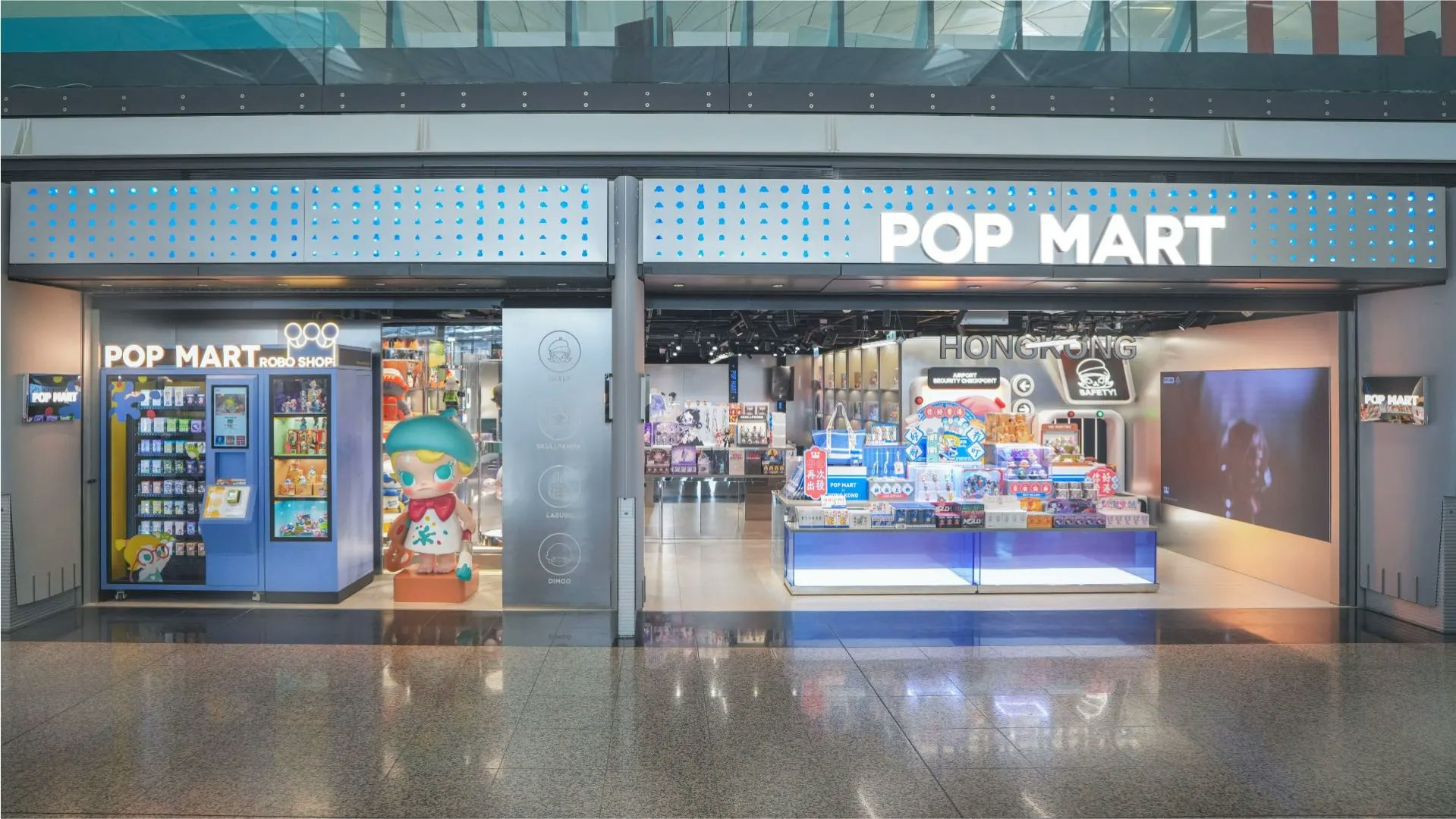Technology
SpaceX takes off – and takes startup Vast on a journey into space
How Vast Space LLC is working with SpaceX and NASA on the future of commercial spaceflight – a race against giants like Blue Origin and Axiom Space

SpaceX does it again: The push to commercialize space gains a new player with Vast Space LLC. The space startup, founded by former crypto billionaire Jed McCaleb, has announced plans to launch two private astronaut missions to the International Space Station (ISS) with Elon Musk's SpaceX. The deal marks a significant step in the race to commercialize Earth's orbit—a race where the competition doesn't sleep.
But before the Falcon 9 rockets can soar into the sky, a crucial hurdle awaits: Vast must compete against heavyweights like Jeff Bezos' Blue Origin and Axiom Space Inc. and secure a contract from NASA. Since 2019, the space agency has been offering private companies the opportunity to send civilian crews to the ISS - a strategy that reveals not only the costs but also the operational challenges of commercial space stations. Vast aims to score precisely here.
Haven-1" and "Haven-2" – Vast's Vision for Orbit
In October, Vast surprised the industry with an ambitious plan: Haven-2, a state-of-the-art lab module, is to serve as a pioneer in the race for the ISS successor. After all, the legendary space station is set to retire in 2030. But before Haven-2 even becomes a reality, Vast is already planning a precursor: Haven-1, a commercial space station module set to orbit starting in August 2025. And who will handle the transport? Of course, SpaceX.
Haven-1 will be more than just another "box" in space. In addition to laboratory and living facilities for the crew, it will also have an internet connection enabled by SpaceX's Starlink service. With this, Vast hits two birds with one stone: innovative technology and the integration of an established network from Elon Musk.
David versus Goliaths in Space
With the support of SpaceX, Vast could indeed play a significant role in the cosmic game. However, the path is rocky. While Axiom Space has already conducted three missions to the ISS and is planning a fourth for 2025, Vast is still waiting for the green light. And then there is Blue Origin, backed by billionaire Bezos, with its own plans for commercial space stations.
However, collaboration with SpaceX offers Vast a strategic advantage: The Falcon 9 rocket and the Dragon capsule are proven technologies that are not only reliable but also flexible. If NASA actually selects Vast, this would be a significant partnership that goes far beyond simple transport missions.
Why all this is important
The world is on the brink of a new era of space exploration. The ISS was long the centerpiece of international cooperation in space, but the transition to a commercial space industry will redefine the rules of the game. Companies like Vast, Axiom, and Blue Origin are not only competing for market share, but also for the question: Who owns the future in space?
Eulerpool reports first: With the announced missions and plans for Haven-1 and Haven-2, Vast shows that it not only wants to play along but also shape the game. Can David (Vast) prevail against the Goliaths (Axiom and Blue Origin)? The next few years will show. Until then, one thing remains certain: SpaceX remains the key to the stars - and Vast is ready to use it.






